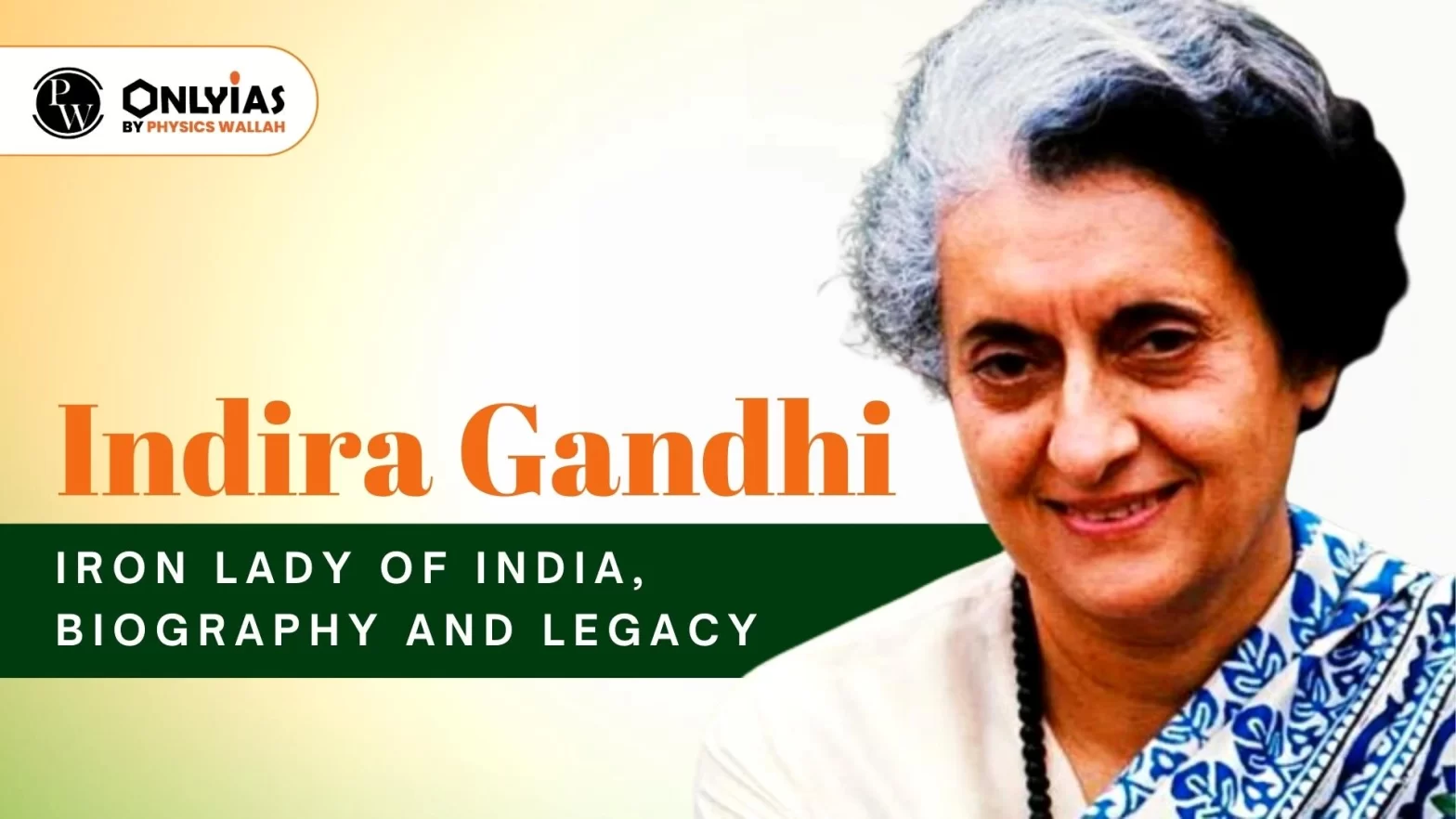Context: October 31st marks the 39th death Anniversary of the former Prime Minister of India Mrs. Indira Gandhi.

Context: October 31st marks the 39th death Anniversary of the former Prime Minister of India Mrs. Indira Gandhi.
| Basis of Classification | National Emergency | Financial Emergency |
| Grounds of Declaration | War, external aggression.
Armed rebellion |
Financial instability |
| Parliamentary Approval | Approval by both the houses by special majority within 1 month of issue of proclamation. | Approval by both the houses by special majority within 2 months of issue of proclamation. |
| Revocation of Proclamation | By the President.
By resolution of Lok Sabha. |
By the President. |
| Implementation | It has been invoked three times in India during 1962, 1971 and 1975. | Not Yet Invoked |
| Judicial review | Allowed | Allowed |
| Article | Article 352 | Article 360 |
| Also Read Other Biography | |
|---|---|
| Lal Bahdur Shastri | Shaheed Bhagat Singh |
| Jayaprakash Narayan | Nanaji Deshmukh |
| Sam Manekshaw | Sardar Vallabhbhai Patel |
| Netaji Subhas Chandra Bose | |
| Must Read | |
| NCERT Notes For UPSC | UPSC Daily Current Affairs |
| UPSC Blogs | UPSC Daily Editorials |
| Daily Current Affairs Quiz | Daily Main Answer Writing |
| UPSC Mains Previous Year Papers | UPSC Test Series 2024 |
Indira Gandhi was the first female Prime Minister of India and a prominent political leader, known for her significant reforms and policies that shaped India's socio-political and economic landscape.
Operation Blue Star was a military operation ordered by Indira Gandhi to remove Sikh militants from the Golden Temple in Amritsar. It led to significant casualties and angered the Sikh community, resulting in her assassination by her Sikh security guards.
India faced challenges like recession, unemployment, inflation, and scarcity of food grains, leading to initiatives such as the PL-480 Program and the Green Revolution. Indira Gandhi implemented reforms like bank nationalization, the abolition of royal families' privy purses, and the establishment of the Public Distribution System (PDS) to address economic disparities and ensure food security.
Political developments included the split in the Congress party, the emergence of regional parties, the era of coalition governments, and the implementation of the anti-defection law.
Indira Gandhi's policies contributed to the rise of regional parties and strengthened federalism in India, leading to diverse political representation.
Indira Gandhi enacted acts like the Forest (Conservation) Act and the Air (Prevention and Control of Pollution) Act to address environmental concerns and promote ecological balance.
Indira Gandhi chaired the 1983 NAM summit in Delhi, emphasizing the relationship between disarmament and economic development, thereby reaffirming India's prominence in the movement.
Political unrest and demands for autonomy in Punjab were fueled by communal tensions and the rise of Sikh separatism, leading to the Operation Blue Star military intervention.
After Indira Gandhi's assassination, her son Rajiv Gandhi succeeded her as the Prime Minister of India, continuing the family's political legacy.

<div class="new-fform">
</div>